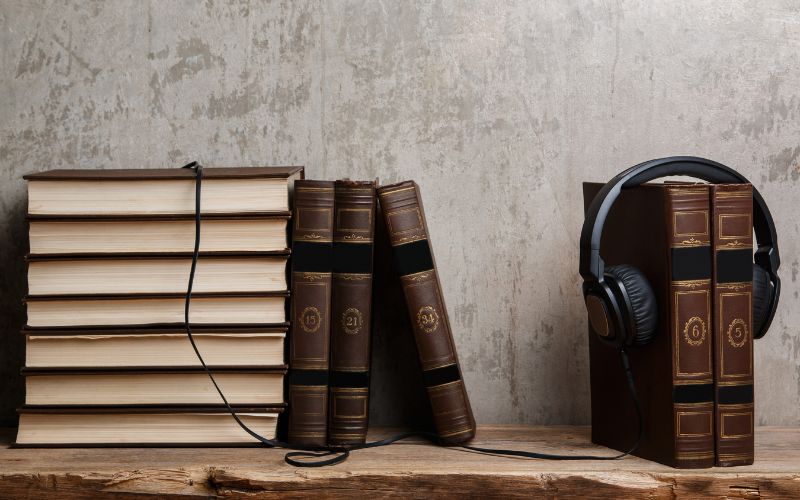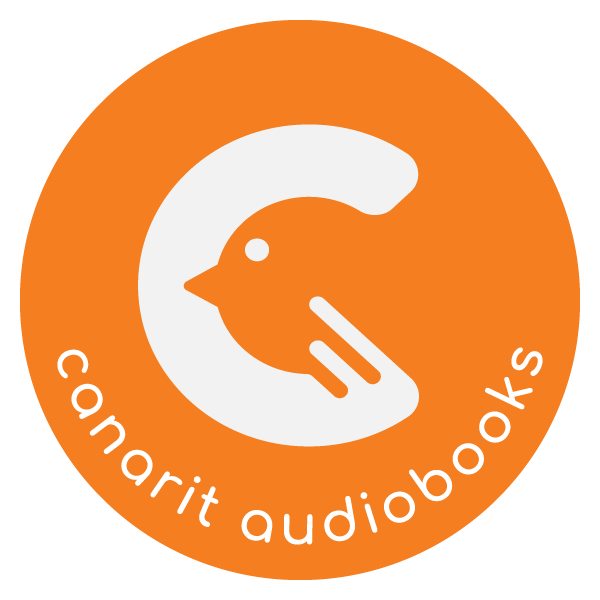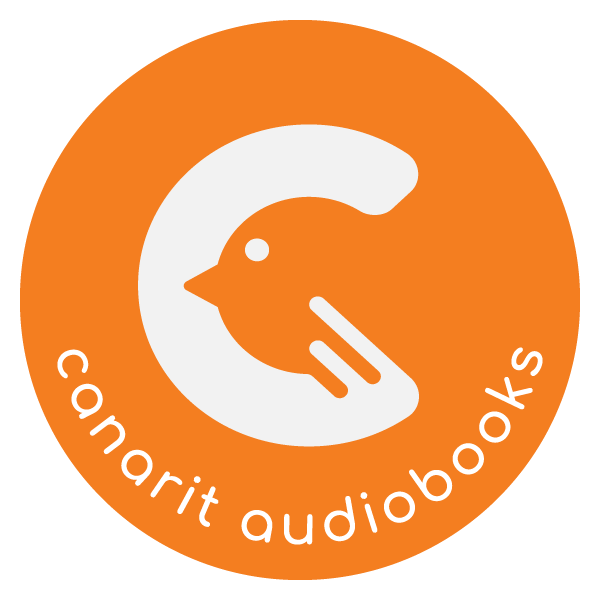
In the tapestry of human communication, the spoken word has always held a revered place. History of Audiobooks – From the oral traditions of ancient civilizations to the digital downloads of the 21st century, storytelling has evolved but the essence remains the same – to inform, entertain, and connect us. The audiobook, a modern iteration of this age-old tradition, has a history as rich and varied as the stories it carries.
The History of Audiobooks
The Dawn of Audiobooks
The genesis of audiobooks can be traced back to the 1930s when the American Foundation for the Blind began to record books on vinyl, providing access to literature for those who could not read print. This noble endeavor laid the groundwork for what would become a dynamic industry. The Library of Congress, recognizing the potential, soon followed suit, producing audiobooks to broaden the horizons of the visually impaired.
Technological Tides Turn
As the 1960s and 1970s unfurled, the audiobook industry witnessed a significant transformation. The introduction of cassette tapes heralded a new era of portability and user-friendliness, propelling audiobooks into the mainstream. This period marked the emergence of dedicated Audiobook Production Companies that specialized in the creation and distribution of these auditory treasures. With the rise of these entities, the intricacies of Audiobook Copyright became a topic of keen interest, ensuring that the voices that brought the written word to life were heard within the bounds of legal and ethical frameworks.
Bookstores and libraries swiftly adapted, establishing “audio centers” that became havens for audiobook enthusiasts. Major publishing houses like Random House and Warner Publishing ventured into the audio realm, signaling a burgeoning market ripe with potential. It was during this time that the profession of Audiobook Narration took shape. Talented voice actors found a new venue for their craft, and the role of the narrator became as pivotal as the story itself. The unique skill set required for audiobook narration – an amalgamation of acting, diction, and a keen understanding of pacing and tone – gave rise to a new dimension of performance art, one that breathed life into the written word without the need for a stage or screen.
The audiobook had indeed found its voice, and with these developments, it was clear that it was here to stay.
The Digital Revolution
With the digital age came a seismic shift in the audiobook landscape. Audible, founded in 1995, revolutionized the industry by allowing books to be downloaded onto computers – and later, onto mobile devices. The introduction of the iPod and other MP3 players in the early 2000s turned audiobooks into a cultural phenomenon, with tech-savvy consumers eagerly downloading the latest releases.
A Flourishing Industry
Today, the audiobook industry is a symphony of voices, genres, and technologies. From full-cast recordings to celebrity narrations, audiobooks have become a medium in their own right. They offer a multisensory experience that print cannot match, with the narrator’s inflections and pauses adding layers of depth to the listening experience.
The Future Resonates
As we look to the future, the audiobook industry continues to innovate, with smart speakers and AI technology promising new ways to experience our favorite tales. The essence of storytelling remains unchanged, but the ways we listen are ever-evolving. Audiobooks are not just a testament to the power of stories but a reflection of our constant desire to adapt and enjoy literature in all its forms.
The History of Audiobooks – Conclusion
From their humble beginnings to their current status as a staple of modern media, audiobooks have not only survived but thrived. They have democratized access to literature and continue to enchant us, one download at a time. As we continue to navigate the digital landscape, the audiobook stands as a beacon of the enduring power of the spoken word.

